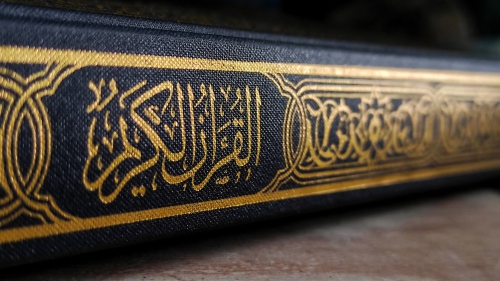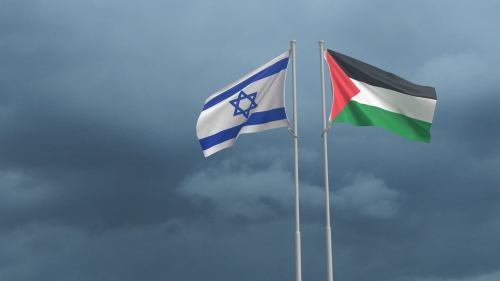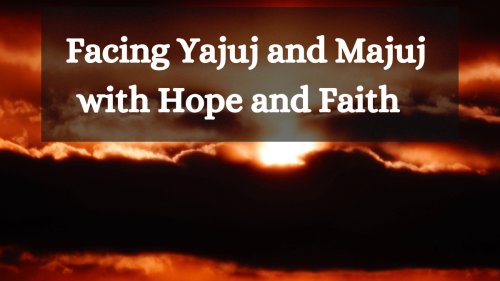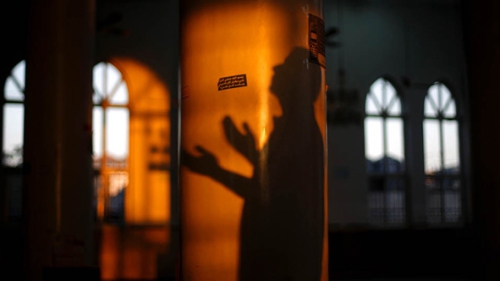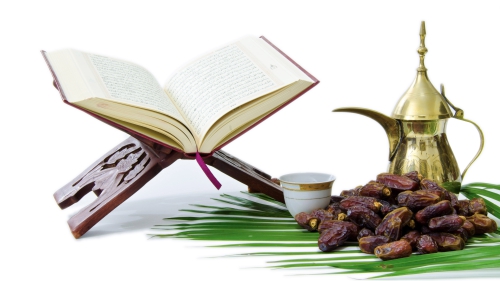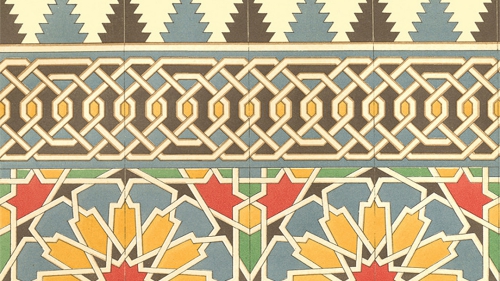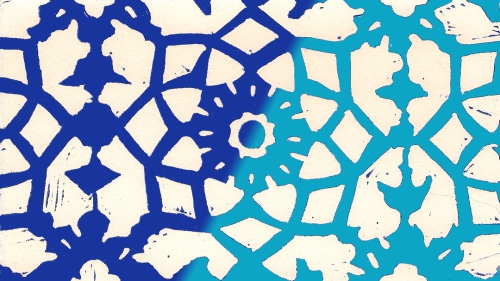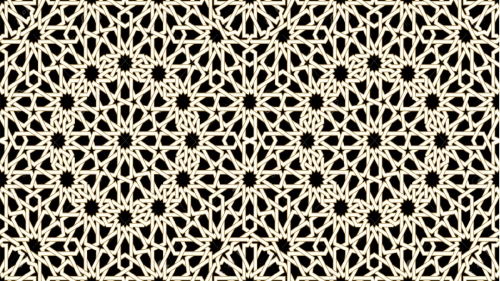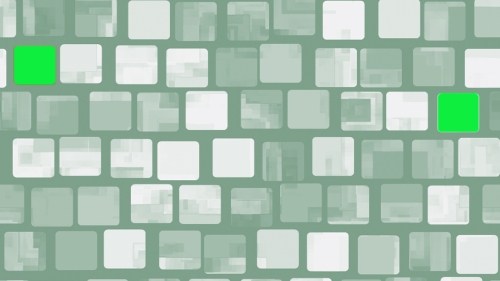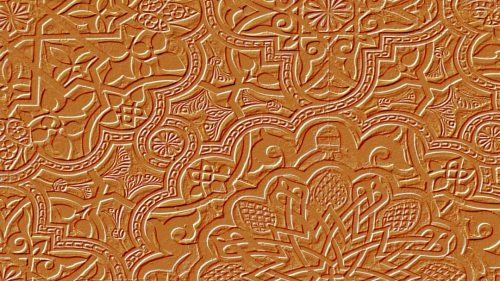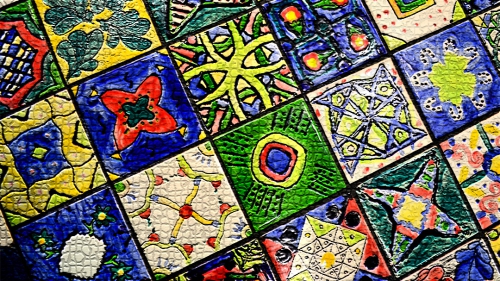The Non-Muslim Guide to Fasting During Ramadan

Many people are curious about Ramadan, the Muslim month of fasting. If you want to join nearly a billion devout Muslims in the fast, for whatever reason, read how to do it correctly and safely.
MOBRUK RAMADAN ( مبروك على رمادا ) to all my Muslim family and friends. My heart is with you as you celebrate this glorious month!
Could you do it? Or rather, could you do without any food or water for 14–17 hours per day for an entire month? Or even a week?
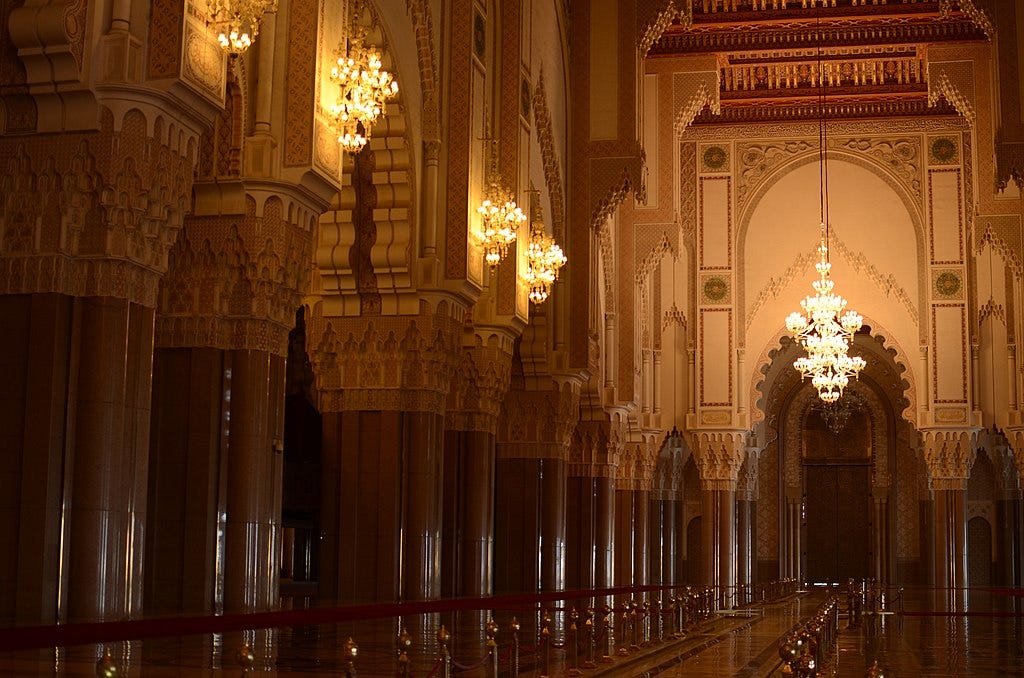
Hassan II Mosque — Casablanca, Morocco
Across the globe during Ramadan, close to one billion people will not be ingesting any food or drinking liquids from an hour before sunrise until sunset. These folks aren’t part the world’s chronically hungry, nor members of some weird diet cult. They are Muslim. One billion Muslims will fast during the month of Ramadan because they believe that Allah has willed it so. In verses 183–191 in the chapter Al Bakara of the Qur’an, Allah avows that devout believers must fast from “the break of dawn” until sundown during Ramadan, the ninth month in the Islamic calendar:
“[Fasting for] a limited number of days. So whoever among you is ill or on a journey [during them] — then an equal number of days [are to be made up]. And upon those who are able [to fast, but with hardship] — a ransom [as substitute] of feeding a poor person [each day]. And whoever volunteers excess — it is better for him. But to fast is best for you, if you only knew.”
Strangely, along with those who keep the fast as a measure of devotion, thousands of others fast out of solidarity with Muslim family members, friends, or those who are simply curious as to how a whole sixth of the planet can maintain a singular idea for 29 days. I was one of that auxiliary group for many years, making the choice to commit myself to a complete fasting experience while trying to keep the spirit of the fast in my words, deeds, and thoughts as well. I am not Muslim, nor have I ever been, but nevertheless, the experience was an invaluable lesson in standing for something and gaining humility and gratitude.
Ramadan can be both a social and spiritual experiment, regardless of one’s belief system. First, it must be admitted that fasting is a challenge. Without the pull of religious doctrine, fasting is subject to myriad temptations from our food and snack laden consumption-driven society. Particularly outside the Muslim world, fasting seems to fly in the face of all the media stimuli that assault our senses each day. Signs, smells, advertisements, other peoples’ eating, and the grumblings of our bellies, all try to pull the person fasting from a strictly personal determination to see what it is like to go without on purpose. Yet, here I am, middle-aged, healthy, and happy for those times when I have joined others on the planet in saying “No” to food and drink during twelve or more hours of the day.
Why do it?
Every person will have his or her own reason for attempting a Ramadan fast. Some of the reasons offered by other non-Muslims who have kept company with their fasting friends and family include the following:
“There are so many people in the world who do not get to have a sumptuous meal each day, and this reminds me of that reality in a difficult, visceral way.”
“I want to see if I have the discipline to do without, even if I don’t have a religious motivation.”
“We are connected, all of us on the planet. This way, I honor my connection to a billion other people.”
“I want to know that I could do it through to the end.”
When to fast
Fasting begins well over an hour before sunrise, so don’t be mislead by the times given for sunrise in the newspaper. To really find out when the fast should begin, you need to know the Muslim prayer times. Discovering these is not a problem. Enter islamicfinder.org { or islamicity.org } to find, for example, that Fajr, or Sehar, the beginning of the fast, will be at 4:17am in Seattle on April 28. Finally, Maghreb, the end of the fast, is at 8:17pm on the same day. Look up prayer times by using your zip code. Remember, too, as a volunteer participant, ultimately the beginning time and ending times are up to you.
In order to eat before the fast begins, Muslims will rise a half-hour to an hour before Fajr and quickly eat a meal called s’hour or Sehar, which doesn’t, in fact, mean, “OMG, it’s early!” The meal may consist of a hearty soup, fruit, coffee or tea, and bread. Some people find an egg-based s’hour to be too heavy, particularly if they are going to try to get back to sleep. Regardless of preferences, eating foods that take a while to digest means hunger is also in abeyance.
Then, when the sun sets, many hours later, families and communities come together to break the fast. This is a joyous meal, one that reflects a sense of victory over human desires and shared feeling. The meal is called f’tour or Iftar depending on country of origin and accent.

Typical spread to break the fast — Morocco
It is often a resplendent repast beginning with dates, cake, and tea in many regions. For some of those who are fasting, this sunset meal is but the first, with other, smaller meals served late into the night. In my own experience, f’tour was the main meal with only a snack to follow before bedtime. Moderation is called for even with mini-meals, since it would defeat the intent of Ramadan if people stuffed themselves or gained weight.
The don'ts
- Don’t fast if you are ill, take medications that require food or liquid, are diabetic, or have any condition which puts your health at risk.
- Don’t fast if you are pregnant. Some Muslim women do fast, but they are discouraged from doing so since the health of the baby must be the first consideration.
- Women who are having their period are told not to fast, since their bio-chemistry is in flux and they may become anemic. I have known many Muslim women who fast regardless, possibly because they don’t want to advertise the fact that they are menstruating.
- Don’t fast if you will be doing intense manual labor out of doors during the hottest months of the year. In Marrakesh, Morocco, where the August temperatures can soar to 115F, it is known that laborers sometimes have to end their fast early when Ramadan falls during the summer and early fall simply because not to do so might prove fatal. There is no spiritual or other gain if one’s health is at risk.
The do's
- Drink a glass of water in the last moments before starting to fast.
- Make a game out of the growling stomach. Mine was “George”. After a few days, George calmed down considerably.
- Plan a nap, a walk, or an easy workout in the couple of hours between returning from work and breaking the fast.
- Eat a variety of foods when breaking the fast, protein, fat, and carbs. One of my favorite meals is a hearty soup, crepes, dates, honey, and eggs.
- Do plan on losing a couple of pounds. Weight gain during Ramadan may require a rethink of food choices and amounts.
- Start cooking or preparing the f’tour meal well before time to break the fast. Have dates, or figs, or a pound cake ready, along with tea or coffee, so that something tasty is immediately available when the gong sounds. Don’t forget to drink a large glass of water. You want to thoroughly enjoy the family gathering once you sit down and prepping ahead creates more ease. After a bite to break the fast, there is ample time to finish cooking before the main meal. Then, prepare a small late evening meal. You want to thoroughly enjoy the family gathering once you sit down and prepping ahead creates more ease.
The fast of Ramadan is a lesson in humility. Participating in the fast teaches us exactly how difficult it is be hungry, for one day, or many days, one after the other. It tests our patience, with ourselves and others, our commitment to an idea or belief, and our willingness to be far out of our comfort zone. Make no mistake, for Muslims, too, all one billion of them, the fast is an ordeal, but one that they welcome and adhere to out of religious commitment and the sense of umma or global community that arises during the holy month of Ramadan. If you choose to try the Ramadan fast, it will be an experience to remember. Always, though, be safe, and check with your doctor if you have any concerns.
Barbara Castleton is an ESL instructor, editor, traveler, seasonal ex-pat — my life is both an intentional and serendipitous circumstance.
( Source: Medium )
Topics: Fasting, Interfaith, Ramadan Values: Gratitude, Humility Channel: Ramadan - Day 5, Ramadan Guide
Views: 4697
Related Suggestions







